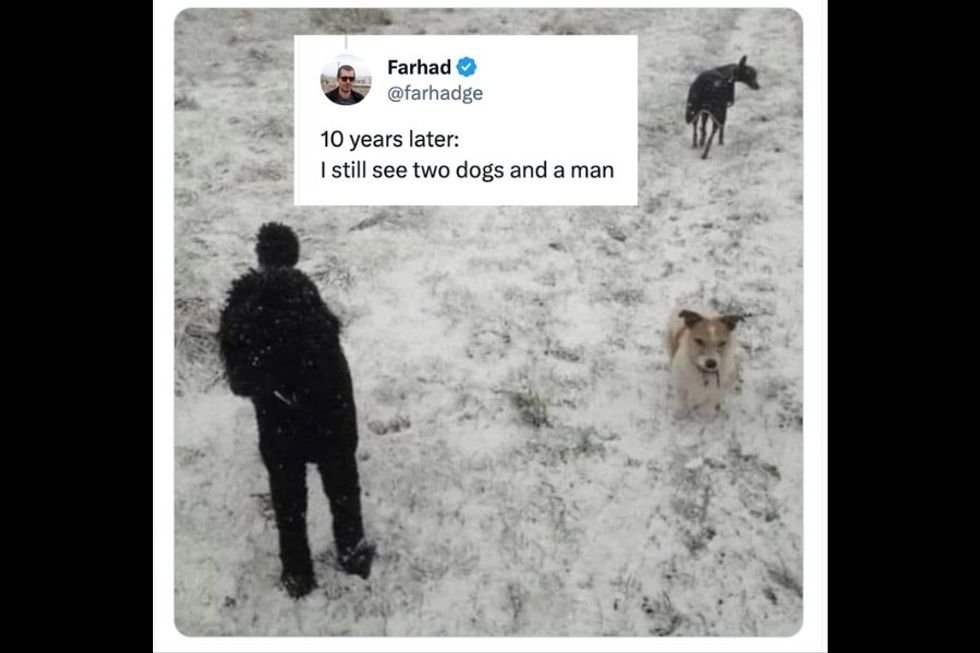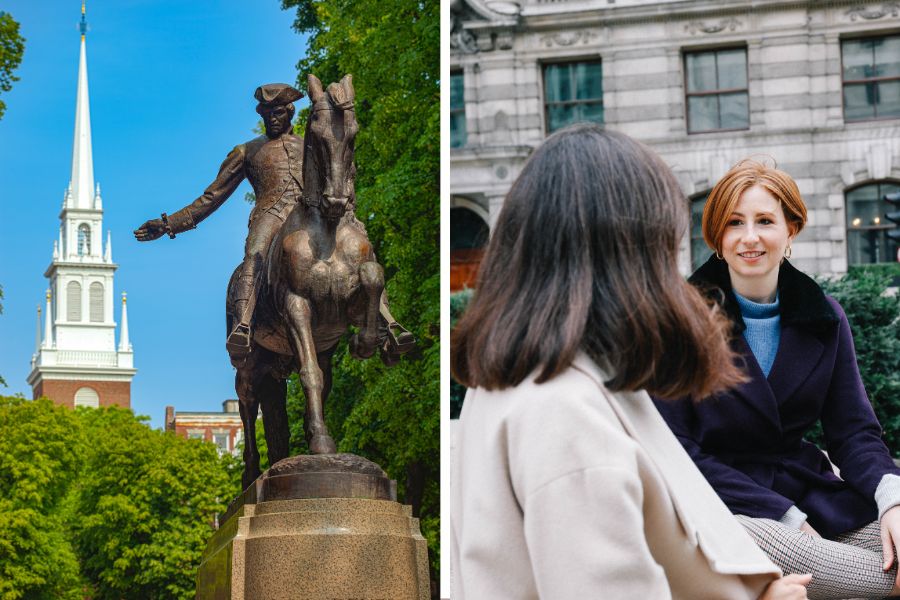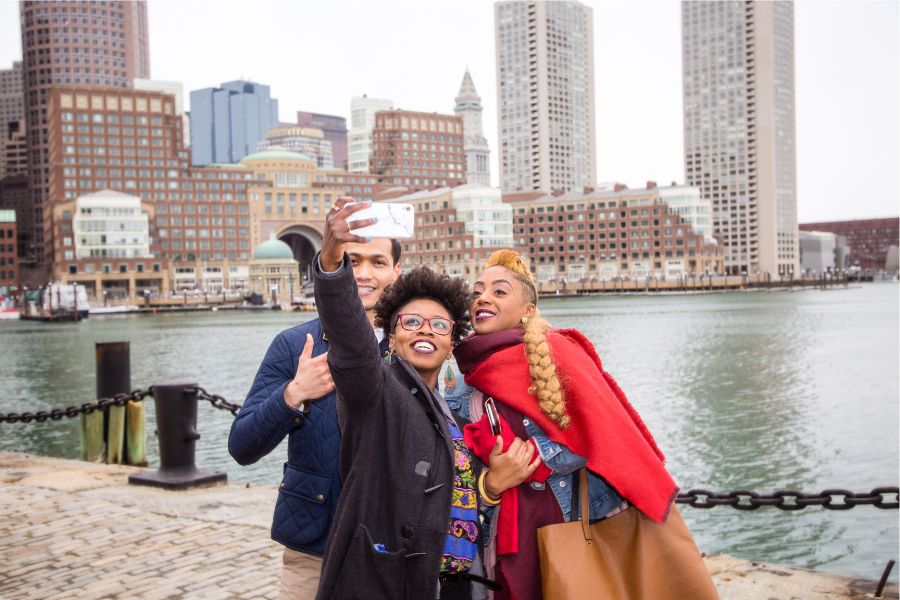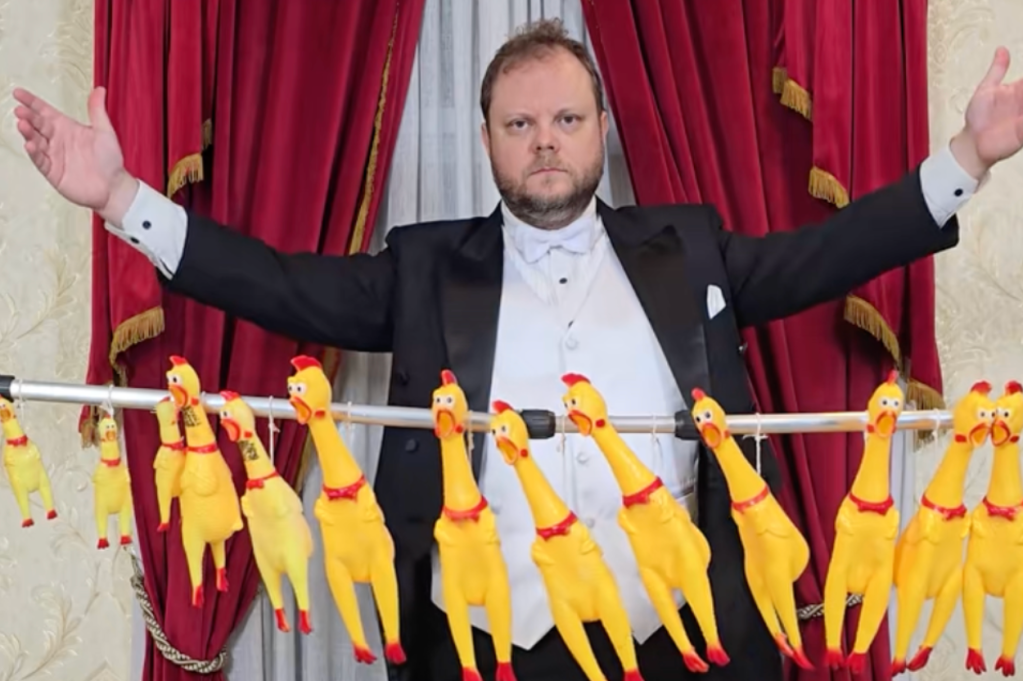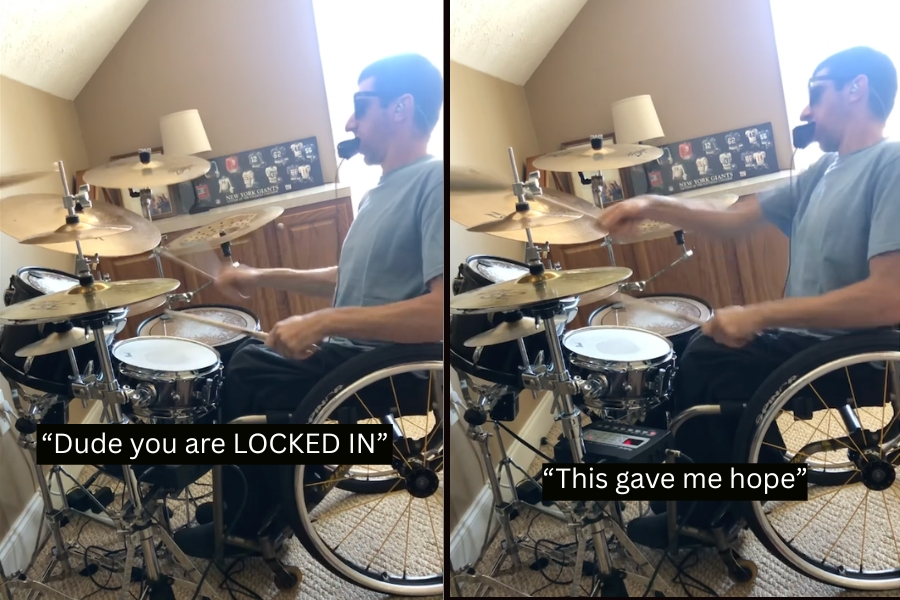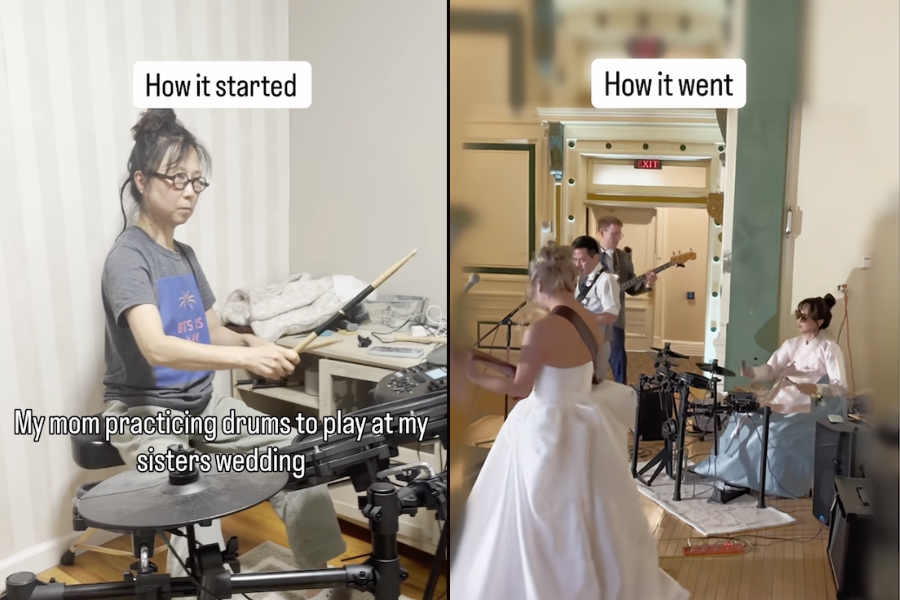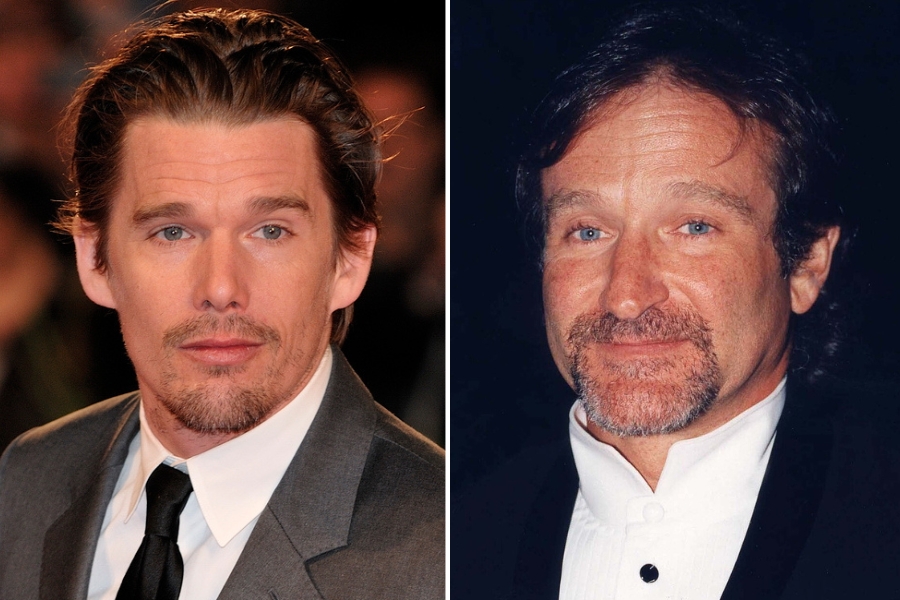Before 24-7 networks like CNN and Fox News became the go-to places for TV news junkies, the newscasters of the “big three” networks attracted 50 million people every night. Throughout most of the ‘80s, ‘90s and early ‘00s, viewers chose between three network news titans: Tom Brokaw on NBC, Peter Jennings on ABC and Dan Rather on CBS.
Tom Brokaw left “NBC Nightly News” in 2004, Jennings left “ABC World News Tonight” in 2005 and Rather was forced to leave “CBS Evening News” the same year after being involved in a controversial segment about then-President George W. Bush.
In 2004, Rather filed a report on “60 Minutes II” critical of Bush’s service in the Texas Air National Guard during the Vietnam War. The documents central to the story were questioned as fakes and the blowback from the story led to Rather’s ouster.
Twenty years later, Rather still stands by the story. “You can argue that we never got to the original documents,” Rather said in an interview. “But nobody has ever proven that they were anything other than what they were purported to be.”
Rather worked for CBS News for 44 years in many roles, including bureau chief, war correspondent, foreign correspondent and White House correspondent. He was the network’s national evening news anchor from 1981 to 2005.
Now, 18 years after his controversial departure from CBS, Rather, 92, returned to the network in a segment aired on April 28 on “CBS Sunday Morning.” In it, he spoke with Lee Cowan, his former protegee, who remembered that Rather taught him that it’s not the question but the “follow-up” that matters.
Rather was on the show, in part, to promote his new Netflix documentary, “Rather,” which debuts on May 1.
In the interview, Rather told Cowan that the ultimate job of a journalist is to speak truth to power. “In the heart of every reporter worthy of their name, Lee, there’s a message that news, real news, is what somebody, somewhere, particularly somebody in power, doesn’t want you to know,” he said. “That’s news.”
He also admitted that being forced to leave CBS was the “lowest point” in his esteemed career.
“I gave CBS News everything I had. They had smarter, better, more talented people, but they didn’t have anybody who worked any harder than I did,” Rather said.
When asked why he wanted to be a reporter, Rather admitted that it is just a part of his being.
“I’ve never quite known the answer to that question,” Rather said. “All I know is it’s the only thing I ever wanted to be was a reporter and I get up every morning as soon as my feet hit the ground, I say, ‘Where’s the story?’”
Even though Rather was devastated after leaving CBS, he remained in the public eye. He has hosted an interview show for HDNet, written books and newspaper columns and hosted a radio show on Sirius XM. He has over 2.6 million followers on Twitter, where he’s introduced himself to a younger audience.
“You either get engaged and you get engaged in the new terms … or you’re out of the game,” he admits.
I’m curious: how many of my followers feel they are better off now than 4 years ago?— Dan Rather (@DanRather) March 22, 2024
News reporters face an uncertain future given the decline of newspapers and social media’s dominance with younger audiences. But Rather is still impressed with the reporting he sees in today’s news.
“The people who are practicing journalism today are so much better than those of us who came up here another time,” he said. “They’re better educated. They’re more knowledgeable about the world,” Rather continued. “They want to do the right thing. They’re doing the best they can.”
Even though he’s dedicated his life to journalism, Rather believes his true legacy are those he loves. “In the end, whatever remains of one’s life — family, friends — those are going to be the things for which you’re remembered,” he said.






